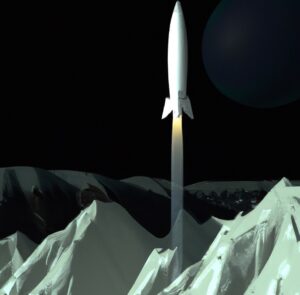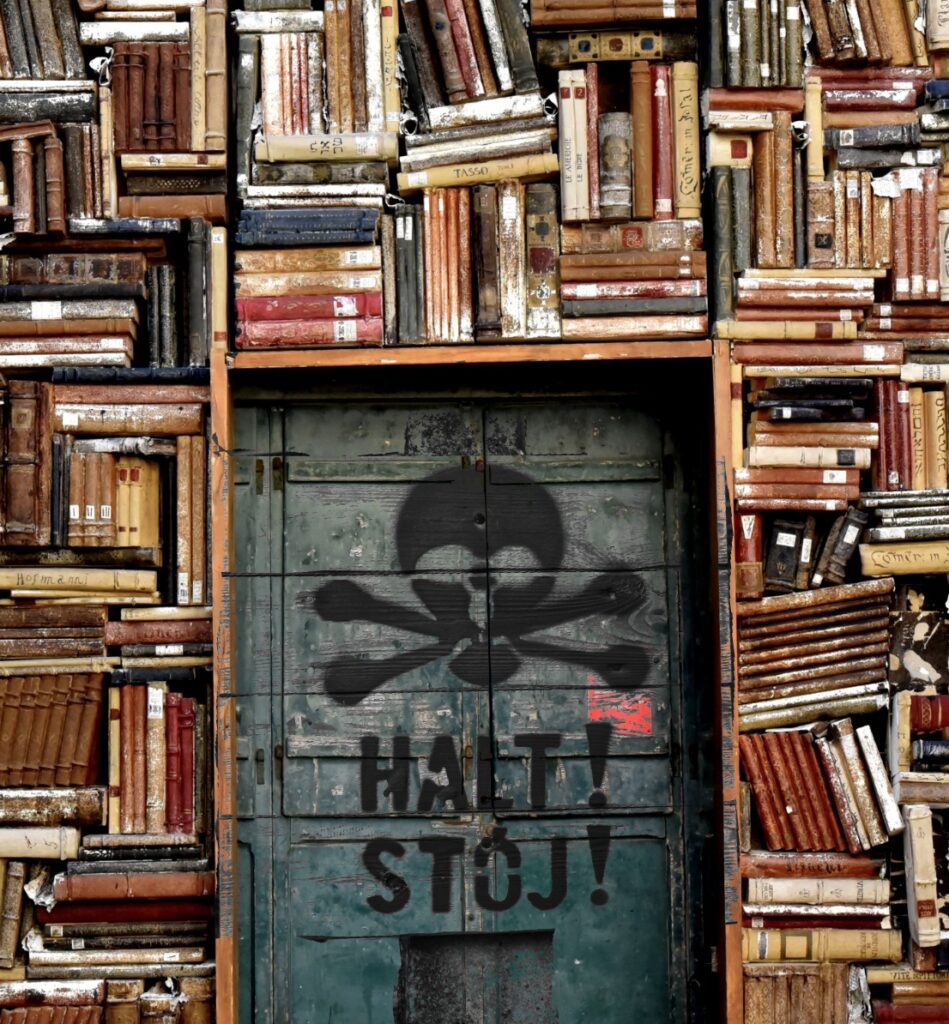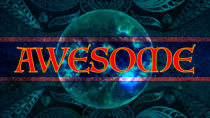 I was not surprised when death came for Cormac McCarthy. It had to come, dragging along, cross, a tatterdemalion through the sagebrush and panicgrass. Cormac was a creator of a literary West that was both recognizable to those of us who, like him, lived in the sparsities of New Mexico, wrenched from indigenous hands and corralled by the quilted fencing for overshot missiles and sandfusing bombs in the atomic age, and also a construct of an unfamiliar language that relinquished authenticity for a kind of topological liturgy. What I am surprised by is how distant the literary works of his era seem now: Joan Didion’s reckless and shapely California; Don DeLillo’s fetishized consumerism; Thomas Pynchon’s endless array of clauses slouching towards sentences. Each produced shockwork against the conventions of modernism. There were so many others, too, from Hawkes to Plath to Roth to Amis. But the aloof distance is what hits me now. The striving to construct an artifice. I want to go back to before vernaculars loosely re-encoded, before the scandal of showing-without-telling, to where the writer was explaining his or her thoughts the way we all think them, with insight and articulation, with depth and that incomplete glow of everyday awareness. Even Mr. Sammler’s Planet, in the stern assumptions in gray-toned introspection, seems hard and callous here in the 21st century.
I was not surprised when death came for Cormac McCarthy. It had to come, dragging along, cross, a tatterdemalion through the sagebrush and panicgrass. Cormac was a creator of a literary West that was both recognizable to those of us who, like him, lived in the sparsities of New Mexico, wrenched from indigenous hands and corralled by the quilted fencing for overshot missiles and sandfusing bombs in the atomic age, and also a construct of an unfamiliar language that relinquished authenticity for a kind of topological liturgy. What I am surprised by is how distant the literary works of his era seem now: Joan Didion’s reckless and shapely California; Don DeLillo’s fetishized consumerism; Thomas Pynchon’s endless array of clauses slouching towards sentences. Each produced shockwork against the conventions of modernism. There were so many others, too, from Hawkes to Plath to Roth to Amis. But the aloof distance is what hits me now. The striving to construct an artifice. I want to go back to before vernaculars loosely re-encoded, before the scandal of showing-without-telling, to where the writer was explaining his or her thoughts the way we all think them, with insight and articulation, with depth and that incomplete glow of everyday awareness. Even Mr. Sammler’s Planet, in the stern assumptions in gray-toned introspection, seems hard and callous here in the 21st century.
There was an unexpected reduction in crime across America and Western Europe in the 1990s. No one is sure why. But there is a sense in the literature that predates that change that people were perhaps less civilized on average, more prone to instrumentalize one another, more willing to exact revenge. Cold warriors debated realpolitik.… Read the rest

